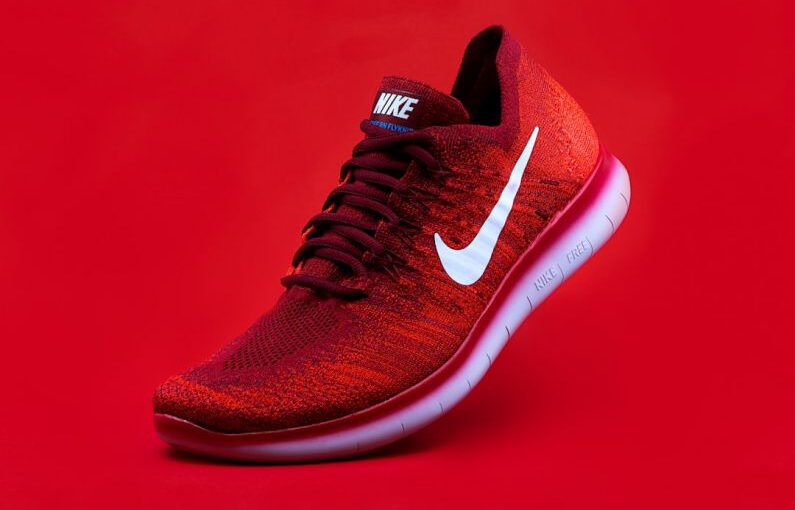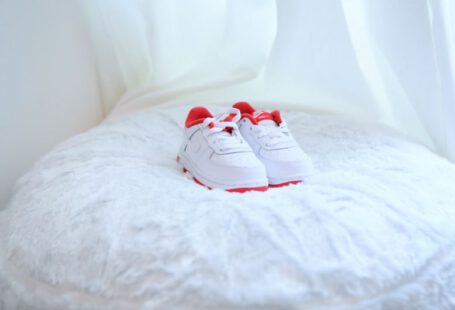Shoe soles play a crucial role in providing comfort, support, and durability to footwear. However, the traditional materials used in making shoe soles often have a negative impact on the environment. Finding eco-friendly solutions for shoe soles has become a priority for many footwear companies and consumers alike. In this article, we will explore some innovative and sustainable alternatives that are being used to create environmentally friendly shoe soles.
### Plant-Based Materials
One of the most popular eco-friendly options for shoe soles is the use of plant-based materials. Companies are now turning to materials such as natural rubber, cork, and bamboo to create sustainable and biodegradable soles. Natural rubber, derived from the sap of rubber trees, is not only durable and flexible but also renewable. Cork, made from the bark of cork oak trees, is lightweight, shock-absorbing, and has natural antimicrobial properties. Bamboo, a fast-growing and easily renewable resource, is also being used to create lightweight and durable shoe soles.
### Recycled Materials
Another eco-friendly solution for shoe soles is the use of recycled materials. Companies are now incorporating recycled rubber, plastic, and foam into their shoe soles to reduce waste and lessen their environmental impact. Recycled rubber, sourced from old tires and other rubber products, is a sustainable alternative that still provides the durability and traction needed in shoe soles. Recycled plastic, often obtained from plastic bottles and containers, can be transformed into versatile and lightweight materials for shoe soles. Additionally, recycled foam, made from post-consumer waste, offers cushioning and comfort without the need for new resources.
### Biodegradable Alternatives
Biodegradable materials are also gaining popularity as eco-friendly solutions for shoe soles. These materials break down naturally over time, reducing the amount of waste that ends up in landfills. Companies are now experimenting with biodegradable plastics, such as PLA (polylactic acid) and PHA (polyhydroxyalkanoates), to create shoe soles that are both durable and environmentally friendly. These materials can decompose into non-toxic substances, making them a sustainable choice for those looking to reduce their carbon footprint.
### Sustainable Manufacturing Practices
In addition to using eco-friendly materials, companies are also focusing on implementing sustainable manufacturing practices to create environmentally friendly shoe soles. This includes reducing water and energy consumption, minimizing waste generation, and ensuring fair labor practices throughout the production process. By adopting eco-conscious practices, companies can lower their environmental impact and promote a more sustainable approach to shoe manufacturing.
### Consumer Awareness and Demand
The shift towards eco-friendly shoe soles is also being driven by consumer awareness and demand for sustainable products. As more people become aware of the environmental impact of traditional shoe manufacturing, there is a growing demand for footwear that is made with eco-friendly materials and practices. Consumers are now seeking out brands that prioritize sustainability and are willing to pay a premium for shoes that are not only stylish and comfortable but also environmentally friendly.
### Closing Thoughts
In conclusion, the demand for eco-friendly solutions for shoe soles is on the rise as consumers and companies alike recognize the importance of reducing their environmental footprint. By incorporating plant-based materials, recycled materials, biodegradable alternatives, and sustainable manufacturing practices, the footwear industry is taking significant steps towards creating more environmentally friendly shoe soles. As consumer awareness continues to grow, it is likely that we will see even more innovative and sustainable solutions emerge in the future, paving the way for a greener and more sustainable footwear industry.





